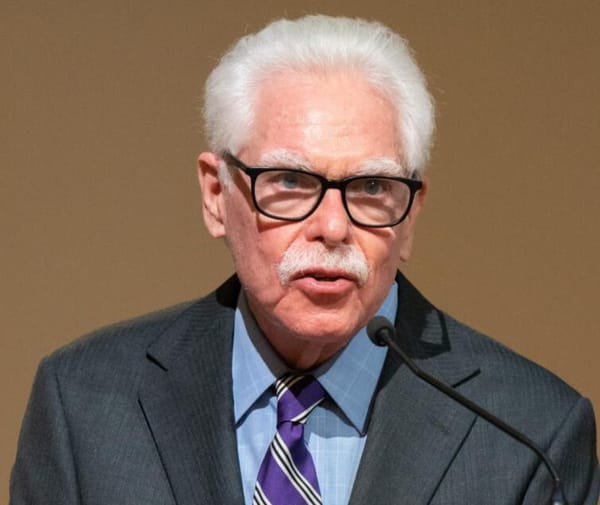Microsoft App Store Rules, California Defers on Sprint 3G Phase-Out, Samsung’s New IoT Guy
Microsoft’s new app rules get ahead of federal legislation targeting unsavory app store practices.

February 10, 2022 – Microsoft announced Wednesday that new rules for its app store will include a commitment to not give its own apps preferential treatment and not requiring app developers to go through the company to process payments.
The new rules, announced in a blog post, appears to be an effort to get ahead of regulatory issues in front of Washington’s regulators, including the Federal Trade Commission, which is scrutinizing big deals from the giants in tech. Microsoft recently announced a proposal to acquire gaming giant Activision-Blizzard for $70 billion.
Last week, the Senate Judiciary committee approved the Open App Markets Act, which forbids app stores with a certain number of users from requiring app developers to use in-app payment options controlled by the application store owner.
“We will continue to enable developers to choose whether they want to deliver their apps for Windows though our app store, from someone else’s store, or “sideloaded” directly from the internet,” said Microsoft, citing “emerging legislation.”
Last year, Apple booted Fortnite maker Epic Games from its app store for bypassing Apple’s payment processing system.
CPUC says it has no jurisdiction over Sprint 3G phase-out
The California Public Utilities Commission is proposing to defer to the federal government a decision on what to do about a complaint by Dish Network that claims T-Mobile reneged on a promise to delay the phase-out of the Sprint 3G network.
To approve T-Mobile’s purchase of Sprint, the Department of Justice required Sprint to sell mobile wireless carrier Boost Mobile to Dish Network to prop up a competitive environment. T-Mobile told federal regulators that it will commit to a three-year phase out of the Sprint 3G network, which would give Dish time to migrate customers to its own network, but eventually scaled back the timeline to March 31, 2022 instead of 2023.
In a proposed decision on February 2, the commission said – because the DOJ structured the Boost deal – the department “is the only entity that can state definitively whether the notice given by T-Mobile meets the reasonable notice requirement,” adding neither T-Mobile nor Dish “can unilaterally decide what constitutes reasonable notice” on the 3G network shut down.
The PUC must vote to approve the proposed decision.
Samsung appoints new head of internet of things division
On Thursday, Samsung appointed Mark Benson as the new head of connected home division SmartThings U.S.
In this new role, Benson will be responsible for the growth of SmartThings along with the company’s development strategy. Furthermore, Benson will spearhead the SmartThings mission to “achieve mass smart home adoption with a unified and intelligent home experience.”
In a press release, Benson said of his new position, “Connected living is at an inflection point and is primed for mass adoption. SmartThings continues to be at the center of this movement, and I’m looking forward to continuing to build, grow, and expand our platform to new audiences.”
Benson has worked within the internet of things for over 20 years and previously served as head of product and engineering at SmartThings. Prior to this role, Benson had worked with a multitude of technology companies ranging from software development to manufacturing companies.
Samsung is a sponsor of Broadband Breakfast.







